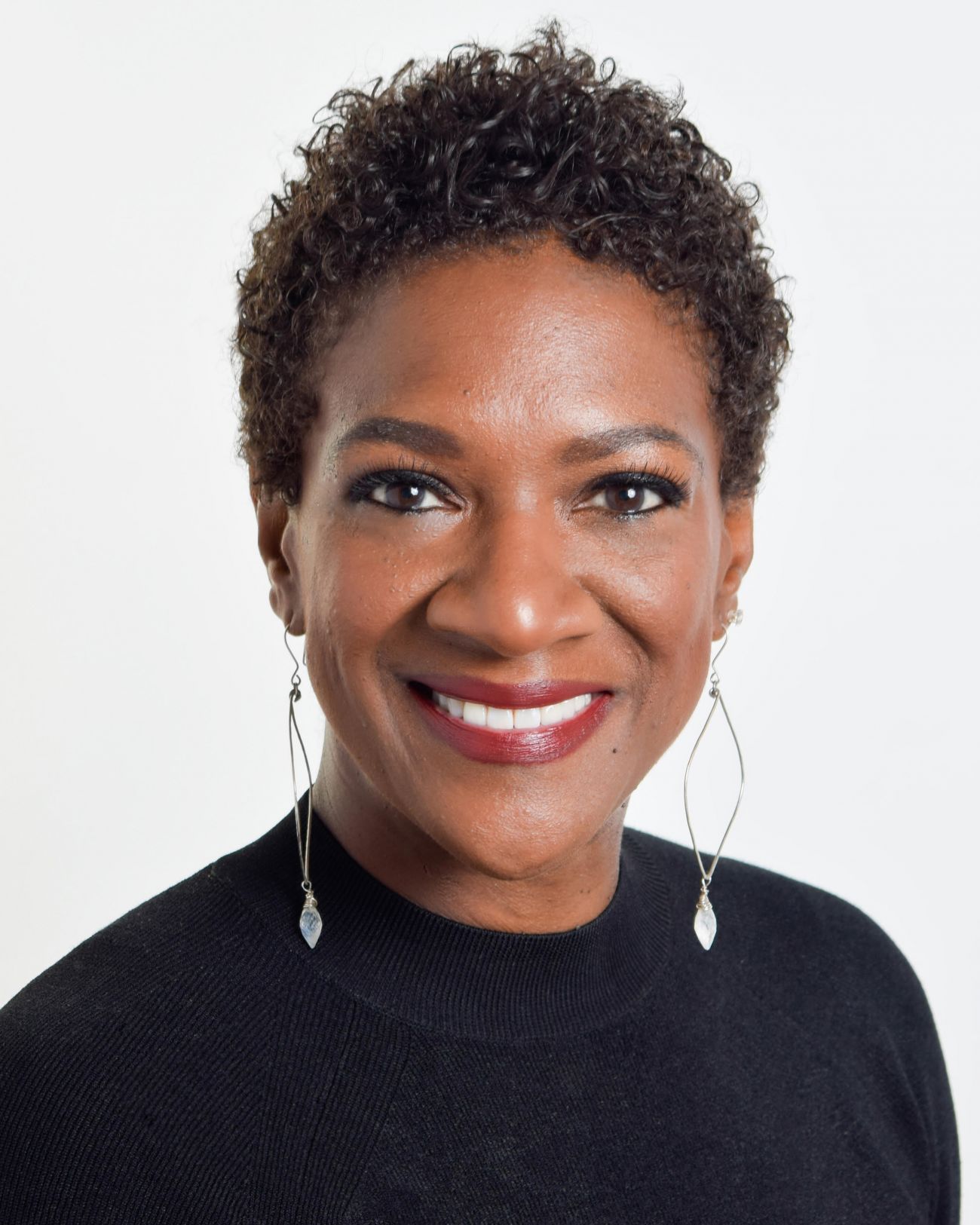Opinion | Youth organizations serve vital, often overlooked, role during crisis

In cities like Detroit, where economic and health disparities run rampant, COVID-19 is leaving a path of destruction marked by death, unemployment, precarious access to basic human needs and equally alarming and a lack of safety for children. Schools are closed, which means many vulnerable children have limited access to food, technology, hours of safe respite from home, as well as programs that offer social and emotional support, like Big Brothers Big Sisters. Funders are stepping up in a big way to ensure youth have access to technology and food. But little importance is being placed on the value of organizations that help provide a sense of belonging during the uncertainty of the coronavirus.
A recent teletown hall sponsored by the Youth Development Resource Center, a network focused on youth development programming in Detroit, shows that youth-serving organizations have been pushed to the sidelines. Many of us are struggling to survive, build our virtual capacity and push our missions to the forefront during the coronavirus because what we do matters. For children, programs that offer art, recreation, play and mentoring are essential for youth.
We provide kids with a sense of belonging, an opportunity to dream or a chance to productively relieve the pressures or conflict that comes from an attempt to be seen. Youth-serving organizations are not secondary, but primary in the lives of children. Collectively, we improve the chances of children feeling they belong, achieving greater success in learning, as well as optimism, perseverance and trust. For many of them, we are their frontline workers.
A recent research study by Big Brothers Big Sisters showed that we must be responsive to the social and emotional well-being of children. The study reinforced this, with 4 in 10 youth polled reported depressive symptoms that health experts regard as moderate (27 percent) or severe (13 percent). Such feelings are especially common for girls, with 1 in 2 meeting one of these thresholds. Depressive symptoms, for example, are significantly less common when youth report a relatively high degree of support from a special person in their life.
"While it may seem deceptively simple, the potential benefits of introducing one caring adult into a young person's life who takes an active role in supporting their interests and goals should never be underestimated," said David DuBois, one of the study's leads.
There’s no shortage of coronavirus victims inside the curve – in sheer numbers and in categories: first responders, health care workers, unemployed workers, small business owners, the elderly, people of color, and more. But let’s not forget the most vulnerable among these, disconnected youth and those who are dedicated to making sure their sense of belonging is recognized as essential.
I have worked for 30 years to protecting the well-being of youth. It’s imperative for the community to understand their needs. In times of isolation, children can be neglected and abused. At Big Brothers Big Sisters, our staff perform wellness checks to make sure the children we serve are safe and in touch with their mentors who provide ongoing one-to-one support. In addition, we are leveraging our network of volunteers to deliver food and supplies to their families through Big Neighbors. It’s really not what we do (extraordinary times, call for extraordinary efforts), but it’s what they tell us they need. Our goal is to reduce the pressure of providing basic needs so families don’t spiral into neglect or abuse, as many are living in communities most affected by the coronavirus.
Youth-serving organizations are an important resource for children. Our ability to rise after this crisis will show the value our communities place on its youth. There are plenty of youth-serving organizations around our state that need support during this time. Find one, like Big Brothers Big Sisters, that is doing good work on behalf of disconnected children and give them a little stimulus to continue their missions well after the curve is flattened.
See what new members are saying about why they donated to Bridge Michigan:
- “In order for this information to be accurate and unbiased it must be underwritten by its readers, not by special interests.” - Larry S.
- “Not many other media sources report on the topics Bridge does.” - Susan B.
- “Your journalism is outstanding and rare these days.” - Mark S.
If you want to ensure the future of nonpartisan, nonprofit Michigan journalism, please become a member today. You, too, will be asked why you donated and maybe we'll feature your quote next time!




